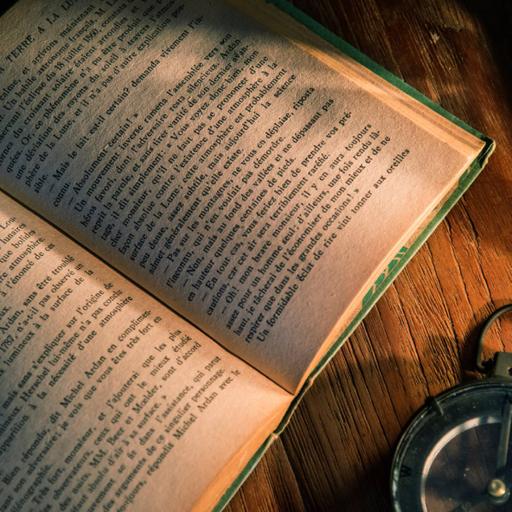Novel
Presentations | English
A novel is a long, fictional narrative which describes intimate human experiences. The novel in the modern era usually makes use of a literary prose style. The development of the prose novel at this time was encouraged by innovations in printing, and the introduction of cheap paper in the 15th century. Fictional narrative Fictionality is most commonly cited as distinguishing novels - from historiography. However, this can be a problematic criterion. Throughout the early modern period authors of historical narratives would often include inventions rooted in traditional beliefs in order to embellish a passage of text or add credibility to an opinion. Historians would also invent and compose speeches for didactic purposes. Novels can, on the other hand, depict the social, political and personal realities of a place and period with clarity and detail not found in works of history. Literary prose While prose rather than verse became the standard of the modern novel, the ancestors of the modern European novel include verse epics in the Romance language of southern France, especially those by Chrétien de Troyes (late 12th century), and in Middle English (Geoffrey Chaucer's (c. 1343 – 1400) The Canterbury Tales Even in the 19th century, fictional narratives in verse, such as Lord Byron's Don Juan (1824), Alexander Pushkin's Yevgeniy Onegin (1833), and Elizabeth Barrett Browning's Aurora Leigh (1856), competed with prose novels. Vikram Seth's The Golden Gate (1986), composed of 590 Onegin stanzas, is a more recent example of the verse novel.

53.00
Lumens
PPTX (106 Slides)
Novel
Presentations | English
